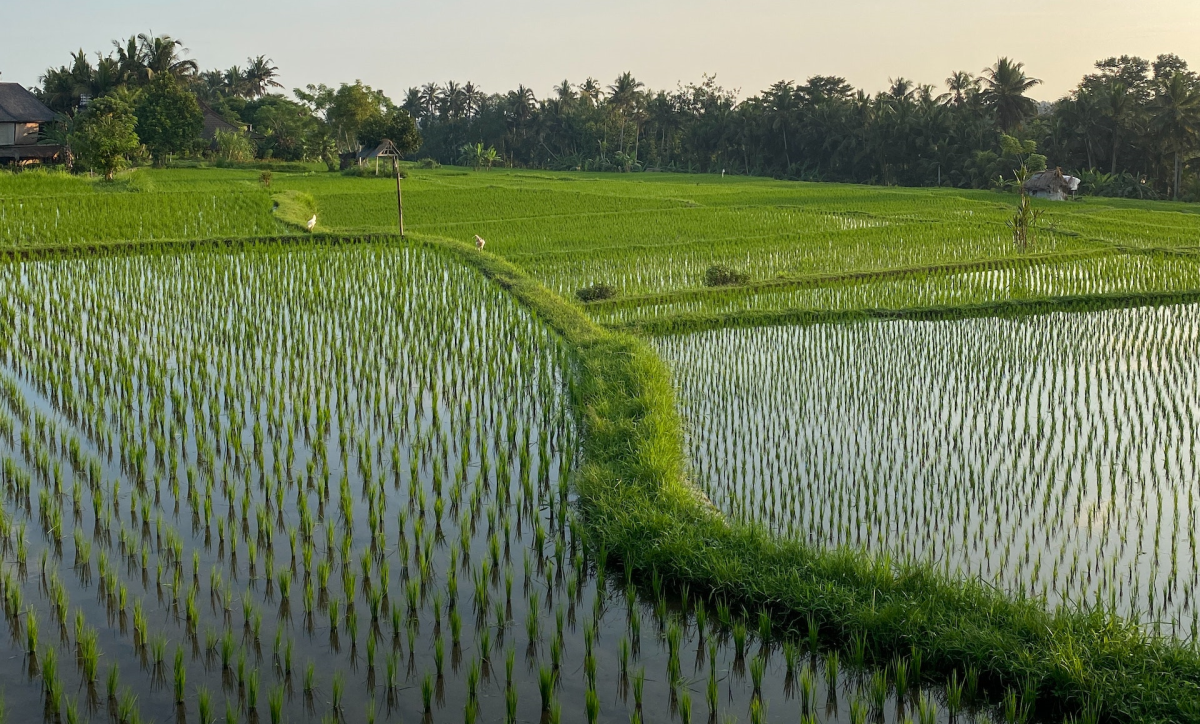In the Media | August 2023

"The US will fail if it engages Southeast Asia solely with the mindset of a superpower gripped in a contest with rival China. Noting Washington’s biggest problem is a lack of a compelling trade agenda."
- Asia Society Australia executive director of policy, Richard Maude, on U.S. diplomacy in Southeast Asia in The Australian.
"If the system fails to effectively address water management issues, it could undermine public trust and confidence in the government’s ability to safeguard the country’s environmental resources. This could have far-reaching consequences for the credibility of authorities at the local, provincial, and national level of government."
- Asia Society Policy Institute research associate, Genevieve Donnellon-May, on how China aims to tackle water pollution in the Jamestown Foundation's China Brief.
"As to whether war is imminent, the answer is no."
- Asia Society Australia executive director of policy, Richard Maude, on the possibility of war between China and Taiwan in the New Strait Times.
"Global rice production problems aren't just China's or India's alone as reduced yields will undoubtedly impact domestic food security in numerous countries, leading to malnutrition and health impairment. People with low incomes may be forced to choose between purchasing rice and other necessities."
- Asia Society Policy Institute research associate, Genevieve Donnellon-May, on the impact China's floods are having on food security in the International Business Times.
“The government clearly sees the outcome on barley as a model for a similaroutcome on wine, but will want to give China the space to get there whilepreserving some face."
- Asia Society Australia executive director of policy, Richard Maude, on Prime Minister Albanese's possible trip to China in Capital Brief.
"a Chinese 28nm-capable machine could help reduce Beijing's dependency on wafer fab equipment."
- Asia Society Policy Institute research associate, Genevieve Donnellon-May, on China's breakthrough in chip manufacturing in the International Business Times.
"The railway holds significant potential for both landlocked Kyrgyzstan and Uzbekistan and creating a new strategic Eurasian logistics network along the Belt and Road Initiative’s route while simultaneously contributing to trade with other Central Asian countries. It could become part of a central corridor connecting China to Iran, Turkey and Europe while also steering clear of sanctions against Russia."
- Asia Society Policy Institute research associate, Genevieve Donnellon-May, on China's planned rail link with Kyrgyzstan and Uzbekistan in the South China Morning Post.
"The railway gives Beijing many advantages. In addition to giving China an alternative route into Central Asia, this railway will help China reduce its dependence on transit through Russia. From the perspective geopolitically, the railway is consistent with China's broader foreign policy goals of enhancing connectivity and economic cooperation across Eurasia."
- Asia Society Policy Institute research associate, Genevieve Donnellon-May, on the rail link between China, Kyrgyzstan and Uzbekistan in Diendan Doanh Nghiep.
"What we may also see is that China may likely want to continue either having the most power in BRICS or being able to call the shots. But I think, perhaps, we will also see India, which is also interested in strengthening relations with the global south and is also interested in multipolarity... New Delhi is unlikely to want to cede any ground."
- Asia Society Policy Institute research associate, Genevieve Donnellon-May, on BRICS and what it means for global geopolitics on The Red Line podcast.
